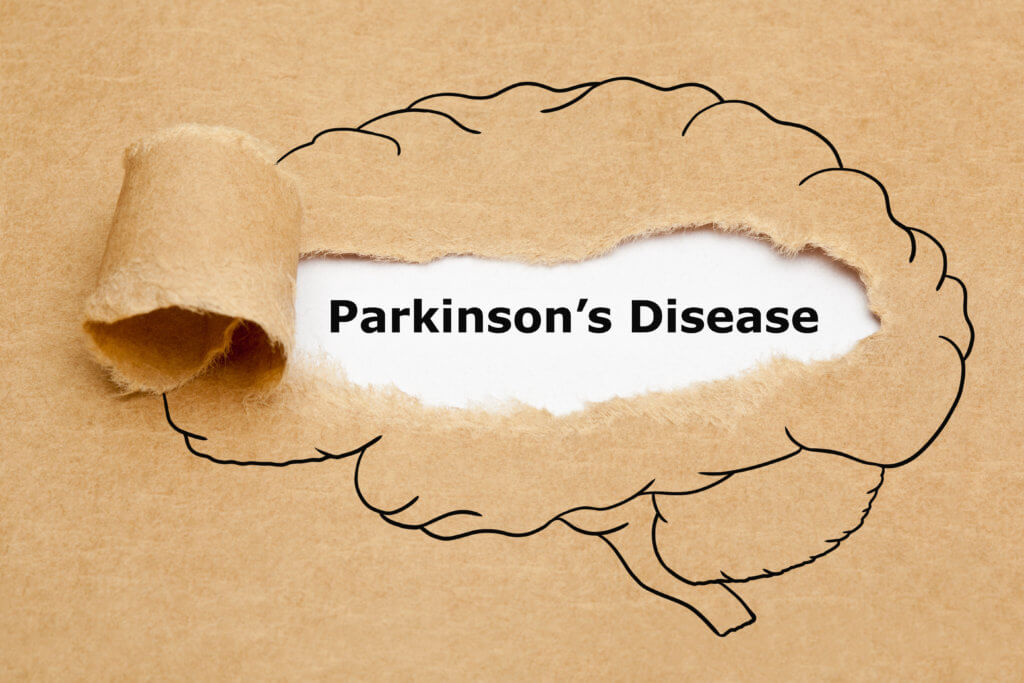Hearing loss as well as epilepsy appear to be new indicators of Parkinson’s disease development, according to new research. Scientists in the United Kingdom reveal that memory loss and tremors could also begin a number of years before an official diagnosis.
The study by researchers at Queen Mary University of London tracked over a million people in East London for nearly three decades. It offers hope of a screening program, enabling patients to be prescribed drugs sooner.
“Our results uncovered novel risk factors and early symptoms: epilepsy and hearing loss,” says lead author Dr. Cristina Simonet, a neurologist and PhD student at the university, in a statement.
People with high blood pressure, and Type 2 diabetes are also more prone to the devastating disorder, study authors say.
There are six million Parkinson’s disease sufferers worldwide, including a million in the United States. Approximately 60,000 new cases are diagnosed each year in the country. Classic symptoms include tremor, slowness, stiff muscles and memory loss. Experts predict the number of cases will triple over the next two decades. There is no cure.
“People see their GPs with symptoms but often don’t get a diagnosis until five to ten years after this,” says co-author Dr. Alastair Noyce, a reader in neurology and neuroepidemiology. “Tremor, for example, is one of the most recognizable – but was seen ten years before eventual diagnosis in our study. This is too long for patients to wait. If we’re able to diagnose Parkinson’s earlier, we have a real opportunity to intervene early and offer treatments that could improve quality of life for patients.”
Diverse population used in Parkinson’s disease study
For the study, the analysis of electronic primary healthcare records between 1990 and 2018 showed tremor and forgetfulness appeared up to a decade and five year before diagnosis, respectively. Hearing loss and epilepsy were identified as early features, which was confirmed using additional data from the UK Biobank.
Studies of early signs of Parkinson’s have largely focused on affluent white populations. The latest looked at minority ethnic groups from a deprived urban population for the first time.
There was a stronger association with memory complaints than previously described.
East London has one of the highest proportions of black, south Asian and other ethnic groups. They comprise almost half (45%) residents in the area – in comparison to one-in-seven (14%) in the rest of the UK. It also has some of the highest levels of deprivation. Eigh-in-ten participants were from low-income households.
“This is the first study focusing on the pre-diagnostic phase of Parkinson’s in such a diverse population with high socioeconomic deprivation but universal access to health care,” says Simonet. “People from minority ethnic groups and deprived areas have largely been under-represented in Parkinson’s research up till now. But to allow us to get a full picture of the condition we need to ensure research is inclusive and represents all those affected.”
Previous research has hinted at epilepsy being more prevalent in Parkinson’s patients.
“More research is now needed for us to fully understand the relationship,” adds Simonet. “In the meantime it’s important primary care practitioners are aware of these links and understand how early the symptoms of Parkinson’s can appear, so patients can get a timely diagnosis and doctors can act early to help manage the condition.”
Parkinson’s is the second most common neurological condition in the world, behind Alzheimer’s disease. We still don’t fully understand its causes. Evidence is growing that air pollution may play a role.
A recent study found people living on busy roads are more likely to develop it.
“This study confirms many of the symptoms and early features of Parkinson’s can occur long before a diagnosis,” says Noyce. “Through our ongoing PREDICT-PD research, we’re hoping to identify people at high risk of Parkinson’s even before obvious symptoms appear – which means we could do more than just improve quality of life for patients, and perhaps be in the position to slow down or cure Parkinson’s in the future.”
PREDICT-PD is a large research project funded by Parkinson’s UK that aims to identify people at high risk of developing the condition. The researchers are looking for 10,000 people aged 60 to 80 from all backgrounds who do not have Parkinson’s to take part in a simple set of online tests that screen for factors linked to increased risk.
Parkinson’s claimed the life of boxing legend Muhammad Ali. Famous sufferers include actor Michael J. Fox and Sweet Caroline singer Neil Diamond.
It’s estimated that 48 million Americans suffer some level of hearing loss, according to the Hearing Loss Association of America. On average it takes a person about seven years before they seek help.
The findings are published in the journal JAMA Neurology.
South West News Service writer Mark Waghorn contributed to this report.












